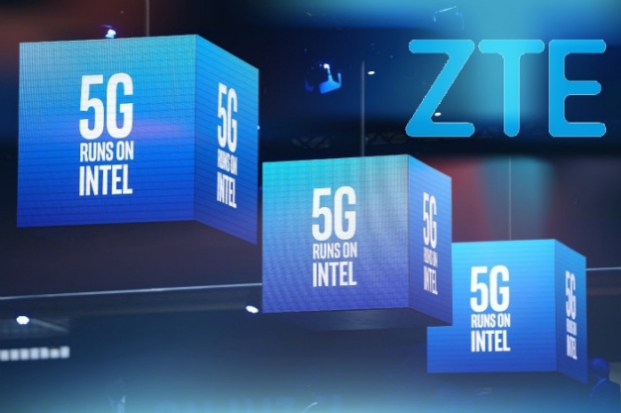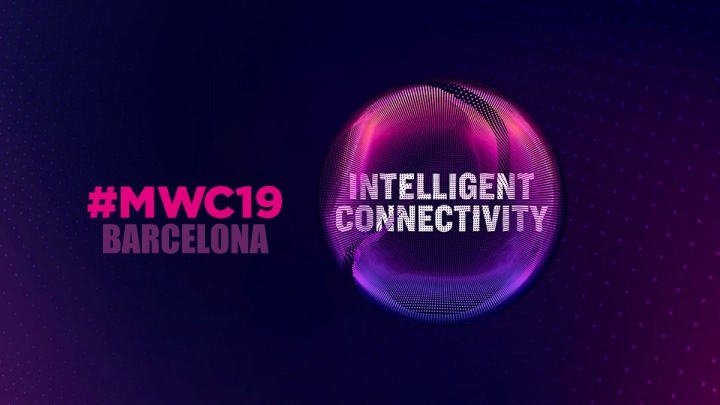Ericsson is transforming enterprise connectivity with its wireless-first architecture, combining 5G, WiFi 7, and satellite support. Designed for AI-driven operations, the solution offers resilient, secure, and scalable networks. Centralized management simplifies complex setups, enabling businesses to harness AI.
Cummins Inc, a global leader in manufacturing heavy-duty truck engines, has sealed a groundbreaking deal with Verizon Business to introduce cutting-edge wireless networks at its Jamestown Engine Plant (JEP) in Lakewood, NY. The collaboration entails the deployment of Verizon’s innovative Neutral Host Network alongside a Private 5G Network within the premises of JEP, aiming to cater to both public and private connectivity needs.
Taking a bold stride in data transfer innovation, the IEEE has sanctioned the 802.11bb standard, also known as LiFi. This game-changing technology uses light waves instead of radio frequencies, virtually turning an LED lightbulb into a data transmission hub. While promising high bandwidth and added security, LiFi does require line-of-sight connections, which may limit its practical applications. Industry leaders see this as more of an adjunct technology to WiFi rather than a direct competitor.
Nokia and Claro Colombia join forces to deploy a cutting-edge private 4.9G wireless network at Sociedad Portuaria Puerto Bahía, enhancing mission-critical connectivity and on-premises data processing. This collaboration aims to strengthen port operations, optimize logistics, and support Colombia’s most advanced multipurpose maritime terminal in its digital transformation journey.
The UK government has announced a £110 million investment in research and development for next-generation wireless technology and telecoms security, with a focus on 5G and 6G. This investment is intended to enhance the UK’s position as a global leader in telecoms research and development. As part of this investment, three top UK universities – the University of York, the University of Bristol, and the University of Surrey – will each receive £28 million to collaborate with major telecoms companies such as Nokia, Ericsson, and Samsung to develop and create future networks such as 6G. This follows Ericsson and Samsung’s recent announcement to establish 6G research labs in the UK. The investment will also aid in the deployment of ultrafast 5G by making it easier for new companies to enter the market. The universities will work with world-class UK academics and industry players to ensure that future network…
ZTE Corporation and Intel have jointly launched the Light Cloud platform for access networks at the 5G Summit being held at Mobile World Congress 2019 in Barcelona. The Light Cloud solution is based on Intel’s innovative Edge products, impeccably integrated into ZTE’s flagship optical fiber access platform, Titan, thus merging Multi-access Edge Computing (MEC) and Network function virtualization (NFVI). The solution employs lightweight blade servers equipped with Intel Xeon D processors. When embedded in an OLT or BRAS device, the blade servers transform it into lightweight cloud infrastructure, thus reducing high capital costs and making a positive environmental impact. The infrastructure opens up computing and storage possibilities based on telecom access equipment, and allows the deployment and distribution of application-sensitive services. The access layer with cloud features is supported by built-in blade servers, and facilitates the ability to offer a wide range of cloud applications and services, including…
The Mobile World Congress – MWC Barcelona 2019 – is here. More than 100,000 mobile industry insiders, telecom specialists, professionals, analysts, reporters, and admirers of the most advanced devices have gathered to explore the wonders of the latest technology. Tech giants such as Samsung, Huawei, Xiaomi, and Vivo unveiled their innovations just before the show, but here we list some notable smartphones that have been presented at MWC. LG V50 ThinQ South Korea’s LG Electronics has unveiled its first 5G smartphone with a dual screen, the V50 ThinQ. The two screens are independant, enabling users to watch videos on one screen and browse the Internet on the other. Qualcomm’s cutting-edge Snapdragon 855 chipset together with a X50 5G modem will power the V50 model to support high-resolution games and data-rich applications without latency. The phone, with a 6.4-inch OLED full vision display, is equipped with a 4,000 mAh battery and…
The global organization representing the interests of mobile network operators, GSMA, has called for European governments to “safeguard network security and competition” in the telecommunications infrastructure industry. The association has issued a warning to Europe to refrain from activities that would obstruct the use of certain equipment necessary for 5G mobile network development. According to the GSMA, “Actions that disrupt the equipment supply for the various segments of the network (access, transport and core) will increase costs to European operators, businesses and citizens; delay 5G deployment by years across Europe and potentially also jeopardise the functioning of existing 4G networks upon which 5G is intended to be built.” Although no specific company names are mentioned in the statement, the GSMA initiative highlights the industry’s significant endeavor to prevent the application of additional sanctions, similar to those announced by the United States and Australian governments on Chinese vendors Huawei…











